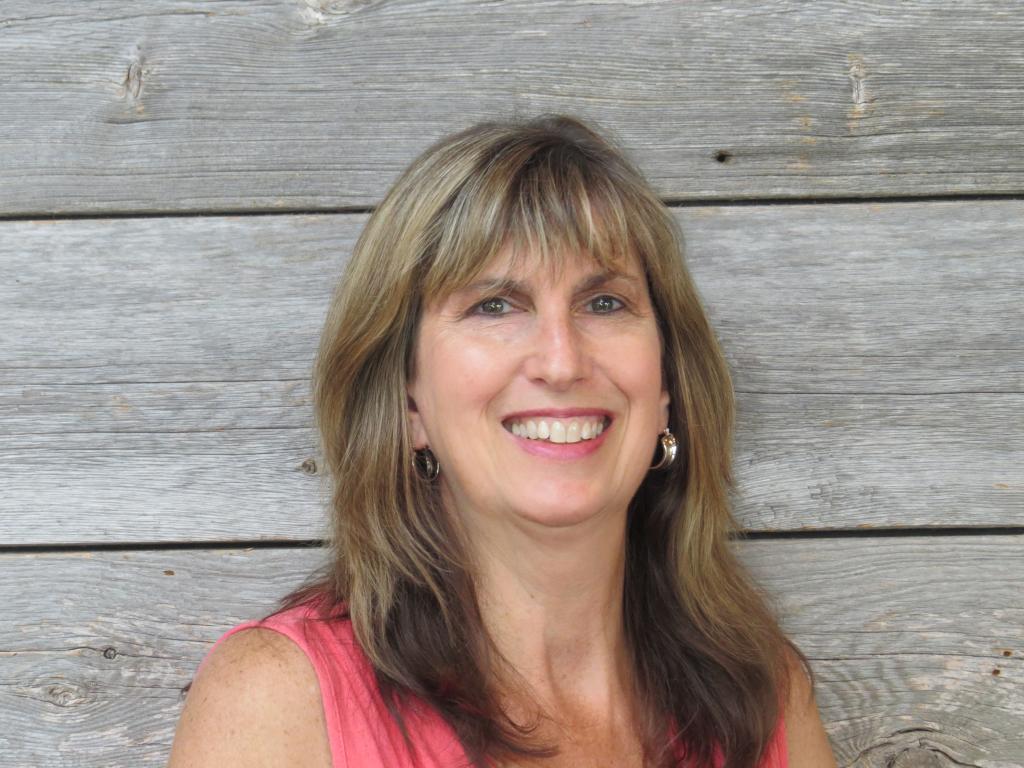GERMANY - Soft hardwood panels with properties falling between OSB and particleboard have been developed through a joint project between the Büsgen Institute at the University of Göttingen and Egger Holzwerkstoffe Wismar GmbH.
Research by the two groups has led to the development of unoriented strand board (USB) disks, which drives the chips and strands into a non-aligned, randomly scattered pattern, unlike with OSB (oriented strand board). They say production of the USB panels can be done in conventional particleboard plants, which "eliminates the high investments for OSB production."
Four soft hardwood species — Sandbirke (birch), aspen, alder and white willow — were tested against Scots pine as a reference. The study found the pure hardwood USB panels and those made from deciduous and pine mix demonstrated equal or better properties than pure pine panels, while demonstrating lower VOC emission levels.
The project was supported by the Federal Ministry of Food and Agriculture (BmEL) via the Promoter Agency for Renewable Resources (FNR).
 Alder tree at Göttingen University. Photo: Nina Ritter
Alder tree at Göttingen University. Photo: Nina RitterAlmost 10 percent of the German forest area contains soft hardwood species such as birch, alder, poplar and willow, the press release said. The final reports of the projects are available at www.fnr.de under grant number 22002910 and 22001911 available







Have something to say? Share your thoughts with us in the comments below.